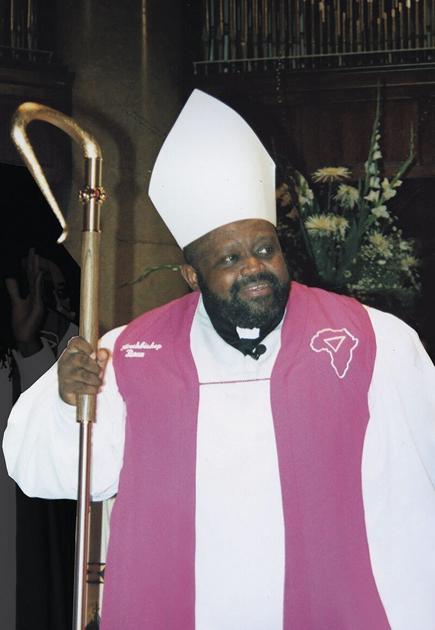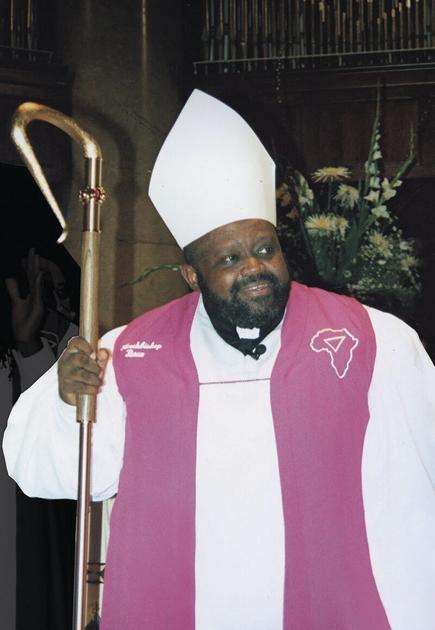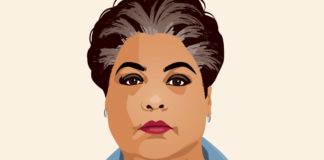
Carl Bean, who in 1977 recorded “I Was Born This Way,” a disco song of LGBTQ pride that became a much-remixed club favorite — and who then became a minister and AIDS activist, founding a church in Los Angeles that sought to serve the spiritual needs of gay people and others who were marginalized — died Tuesday. He was 77.
Unity Fellowship Church, which he founded in 1985 and which is guided by the slogan “God is love and love is for everyone,” announced his death on its website. It did not give a cause or say where he died.
Bean, who was openly gay from a young age, was a singer before he was a preacher and received the title archbishop, recording gospel songs for ABC Records in the mid-1970s as frontman for the group Carl Bean and Universal Love. The Motown label had acquired the rights to “I Was Born This Way,” a song written by Bunny Jones, set to music by Chris Spierer and recorded in 1975 by a singer using the name Valentino (real name Charles Harris). The chorus went: “Oh yes I’m happy, I’m carefree and I’m gay, yes I’m gay. / ’Tain’t a fault, ’tis a fact, I was born this way.”
Motown approached Bean about covering it.
“I was hesitant to sign with another record label,” he told The Advocate in 1978, “but after I found out what the song was, I knew I had to do it. It was like providence. They came to me with a song I have been looking for my whole life.”
The Bean version, with a more pronounced disco flair and a streamlined chorus (“I’m happy, I’m carefree and I’m gay; I was born this way”), became a favorite in gay clubs all over the country and abroad. Some 34 years later, it inspired Lady Gaga’s No. 1 hit “Born This Way.”
Bean had considered the ministry before, but the song helped him focus that calling.
“I suppose this song and its message is a sort of ministry to gay people,” he said in the 1978 interview. “I am using my voice to tell gay people that they can still feel good about being gay even if there are people like Anita Bryant around” — a reference to one of the most prominent opponents of gay rights in the 1970s.
He always praised Motown for backing the record, but, he said in a 2009 interview with the website Out Alliance, he and the company parted ways “when they wanted me to do songs like ‘Ooh girl I love you so’ — right after they promoted me as openly gay.”
So he turned away from a music career and toward the ministry. He was ordained in 1982 by Archbishop William Morris O’Neal of the Universal Tabernacles of Christ Church.








